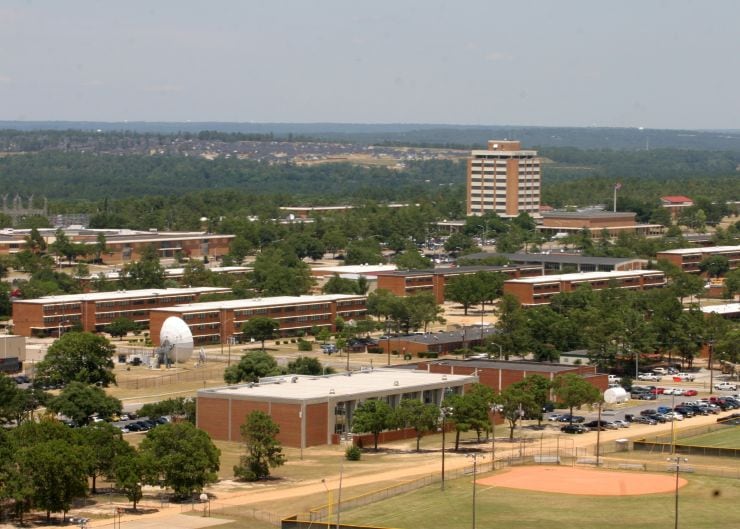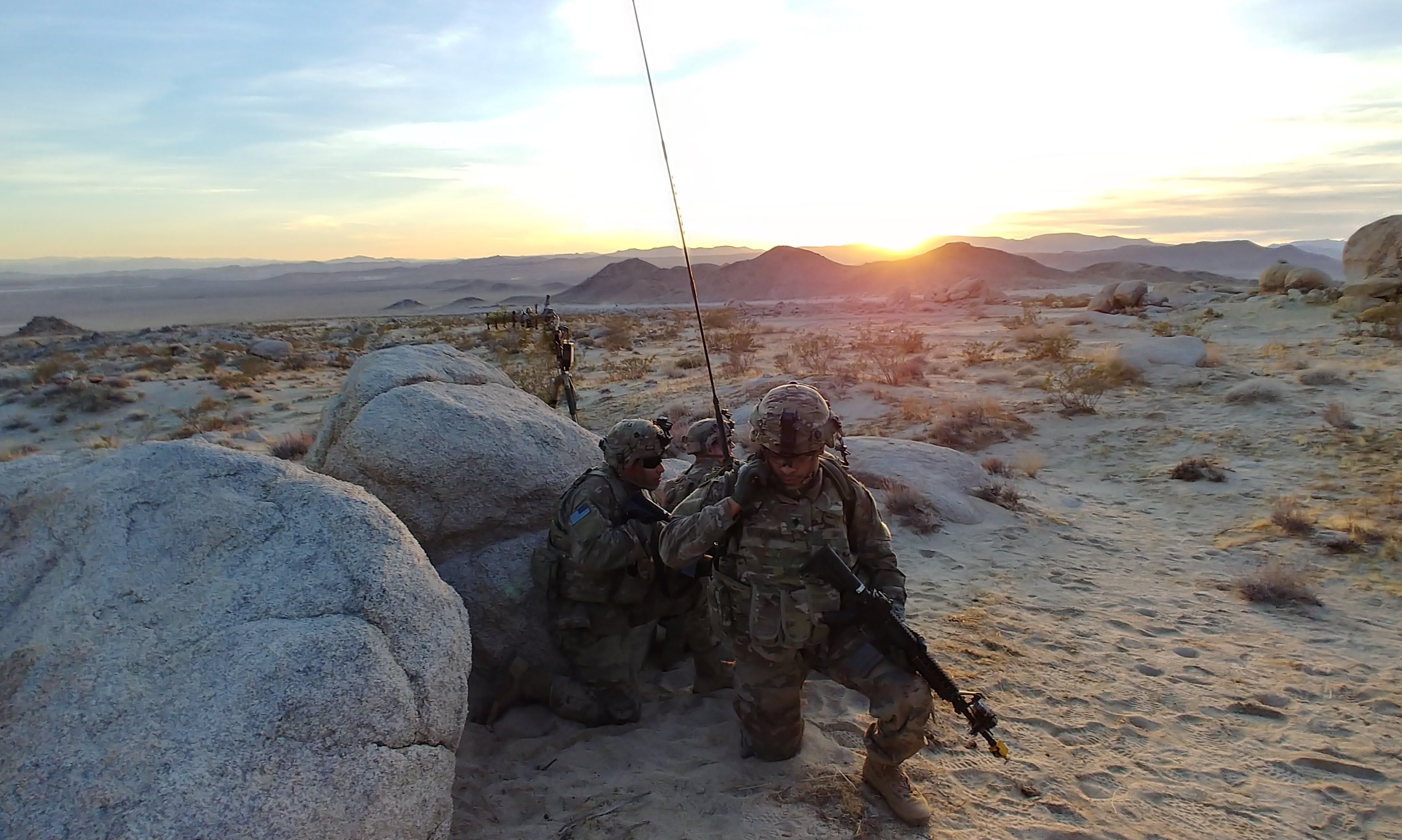AUGUSTA, Ga. — The U.S. Army is hammering out a program to better train cyber forces and close technology skill gaps across the military as the war in Ukraine imparts lessons on the value of electronic warfare.
The effort, in coordination with U.S. Cyber Command and others, is in the pilot stage and is roughly six months to a year from being fully fleshed out and operational, according to Maj. Gen. Paul Stanton, the commander of the Army Cyber Center of Excellence at Fort Gordon.
The beginnings involve courses taught in Texas, Georgia, Washington, D.C., and at Fort Meade in Maryland, “where we are pushing for our offensively oriented soldiers, service members, to be to be fully trained,” Stanton said Aug. 16 on the sidelines of the AFCEA TechNet Augusta conference.
“It requires a little bit of a change in curriculum, a change in approach, a change in our assessment strategy,” he added, “but we are absolutely making progress and informing the longer-term way ahead.”
The general previously expressed concern about cyber instruction and readiness. C4ISRNET last year reported that Stanton, who has extensive experience at CYBERCOM, believed military schoolhouses must figure out how to better provide students a panoply of necessary education and certifications.

Substantial progress has been made since then, Stanton said Tuesday.
The Cyber Center of Excellence is also incorporating information from the Russia-Ukraine war into its teachings, especially in regards to the electromagnetic spectrum.
“We’re learning a lot about electronic warfare. We’re learning a lot about your emissions control and what your footprint looks like in the electromagnetic spectrum,” he said. “We’re watching both the Russian and Ukrainian ability to find each other on the battlefield using EMS, using electronic warfare.”
Colin Demarest was a reporter at C4ISRNET, where he covered military networks, cyber and IT. Colin had previously covered the Department of Energy and its National Nuclear Security Administration — namely Cold War cleanup and nuclear weapons development — for a daily newspaper in South Carolina. Colin is also an award-winning photographer.








